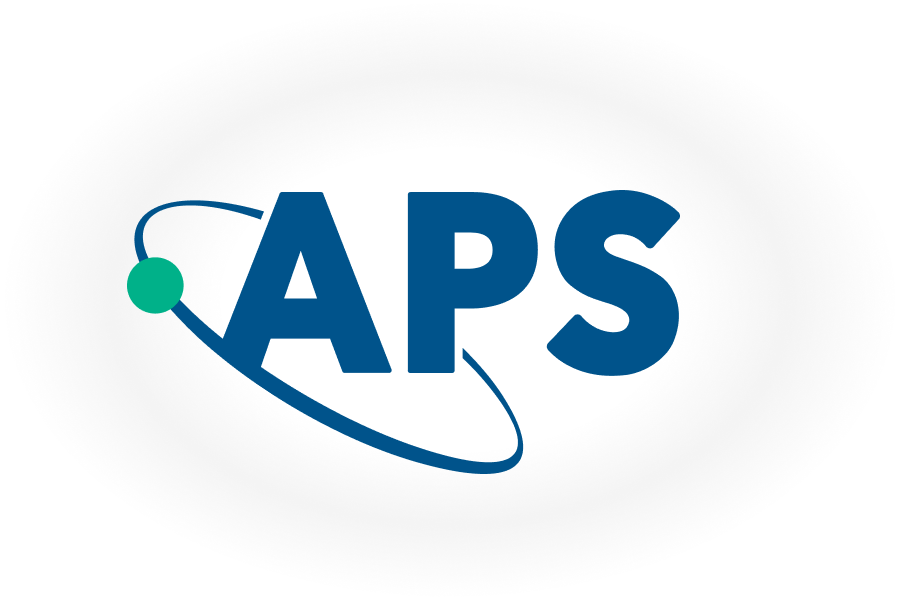Earlier this year, Carla Hermann Avigliano, a quantum optics researcher at the University of Chile, was invited to speak at several International Year of Quantum Science and Technology (IYQ) events. But with a baby at home, she faced a dilemma. The events’ organizers would cover her travel expenses, but there was no funding to help with the added cost of bringing her infant along or arranging childcare.
Now, thanks to Hermann’s advocacy, participants in IYQ-endorsed events can apply for up to $500 to cover costs related to caregiving responsibilities or disability accommodations through the IYQ Inclusive Travel Support Grant Program.
Sharing research at conferences and meeting with collaborators is essential to academic life, Hermann says, but scientists who are the primary caregivers of young children face additional barriers to traveling. As these caregivers are often women, “there is a cultural and then a structural problem that is responsible for a good part of the gender gap that we are facing in STEM careers,” Hermann says.
These are problems she’s been tackling in Chile. In 2024, Hermann helped secure funding for caregiving support and a parent room at Latin America’s Quantum Optics Congress. In January, she presented at Congreso Futuro — a big event that shares science with the public — with her baby in a chest carrier. The implicit message that you don’t have to choose between a science career and a family was more powerful than the content of her talk, she says.
So, when faced with the choice of attending IYQ events or caring for her baby, Hermann didn’t settle for the false dichotomy. She reached out to Claudia Fracchiolla, APS Head of Public Engagement and a member of the IYQ Executive Committee, to suggest that IYQ offer caregiving grants. Fracchiolla brought the idea to an enthusiastic Executive Committee, which proposed allocating a portion of the IYQ Global Fund to lower the barrier to participation.
A few months later, the IYQ Steering Committee unanimously approved the proposal, expanding eligibility to include participants who need funding for disability-related travel accommodations, such as a traveling companion or specialized transportation.
“We talk about accessibility,” Fracchiolla says. “These are the things that can make a huge difference.”
Although she had to turn down some invitations, Hermann did receive an IYQ Inclusive Travel Support Grant to offset the cost of bringing her baby to an IYQ event in Brazil, where she was part of a roundtable on quantum technologies in Latin America. The contribution highlights another benefit of these grants: ensuring all voices can participate in developing new technologies, Fracchiolla says.
While many have applauded Hermann’s work to find solutions for caregiving scientists, she says that some of her colleagues don’t see the need. “People think that we are asking for a favor,” she says. “This is not a favor. It's not a privilege. We are just asking to have the same opportunity to grow professionally.”
Grant applications from across the world are coming in, underscoring the need for this support. “Being able to participate fully while also caring for my daughter would not only enable me to contribute meaningfully,” one applicant from Africa wrote, “but also model what belonging can look like in this field for mothers, for Africans, and for the next generation of scientists.”
Offering these grants for an international year is especially significant, Fracchiolla says. “We hope that other people take notice and do the same.”




